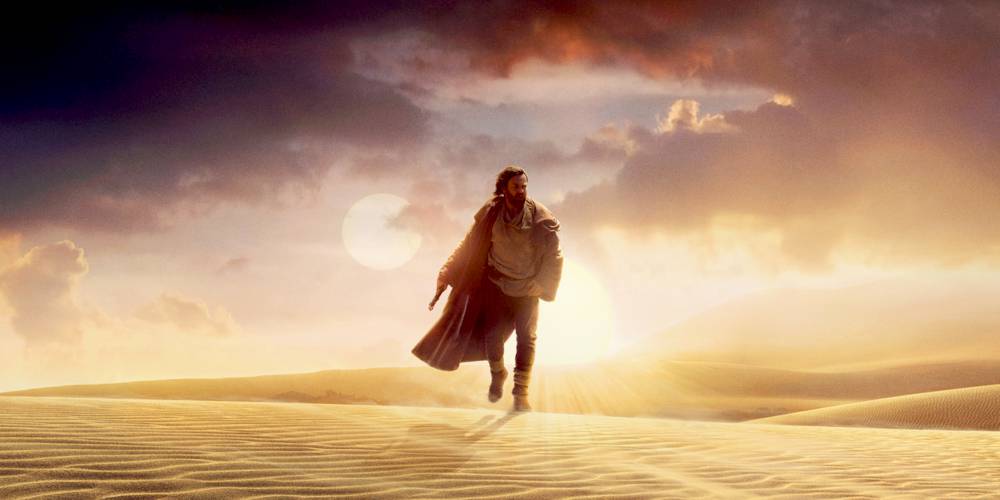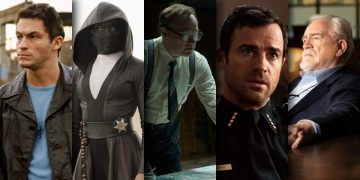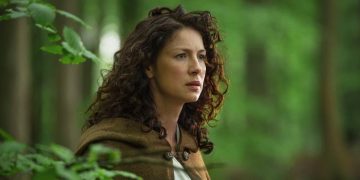People often deride movie adaptations because most of them fail to encapsulate their source material within their runtime. Huge chunks of plot and lots of details are frequently left out, leaving many viewers wishing for a TV adaptation instead.
But then you have the other side of the coin: works that are adapted into TV series when they actually should've been movies.
Sometimes, the narrative element of a particular source work can fit within the average 2.5-hour runtime of cinema without losing anything. These are the kinds of works that risk ending up with too much filler content when turned into long-form TV series.
Here are my picks for high-profile TV series adaptations that really should have been movies instead.
7. The Last of Us (2023)
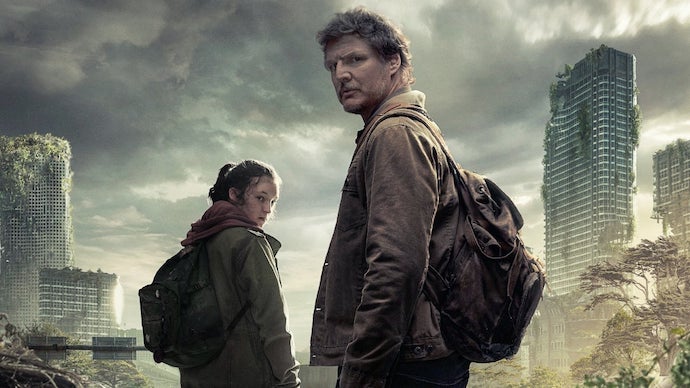
Look, right off the bat, let me be clear: The Last of Us is very good, with phenomenal performances by Bella Ramsay and Pedro Pascal, all while sticking faithfully to the video game on which it's based.
However, now that we've gotten a few episodes of the series, I can't shake the feeling that The Last of Us belonged on the big screen.
Strictly speaking, many of the original game's fans didn't want a series to be made at all, for fear that it would take away from the impact of the original game's story and performances.
And even though there was a stretch of time where Naughty Dog tried to turn it into a movie, HBO ultimately picked it up. Nobody wanted to take the box office risk, so HBO got involved—to much success!
The problem is that The Last of Us was so deeply cinematic, you could feel the darkness of the world through the screen, and it would've delivered a much more potent punch as a movie.
6. Obi-Wan Kenobi (2022)
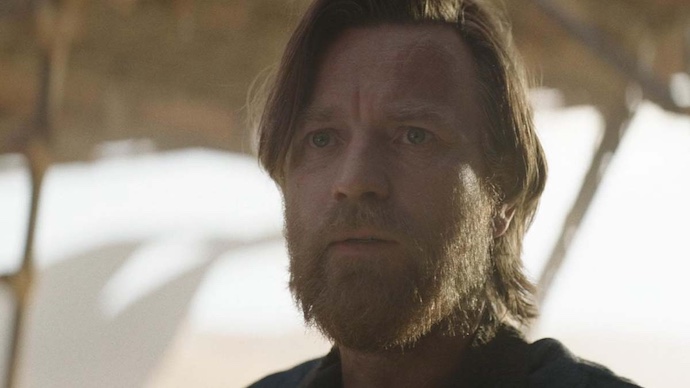
Obi-Wan Kenobi had some issues, but none were severe. The middle may have dropped a bit in quality, and the overall concept may have been bogged down by its wider universe, but it was a solid adventure.
That said, we all know that Ewan McGregor's reprisal of his most famous role deserved to be on the big screen.
The writers could have easily cut significant chunks from the serial narrative without losing any of Obi-Wan Kenobi's core.
If that final fight between Darth Vader and Obi-Wan was shown in cinemas, it could've been the greatest cinematic lightsaber duel in the history of the franchise.
It looked fine on the small screen, but it could've been that much greater if it were supported by the atmosphere of a theater—one that could fully engulf audiences in its greatness.
5. Dug Days (2021)
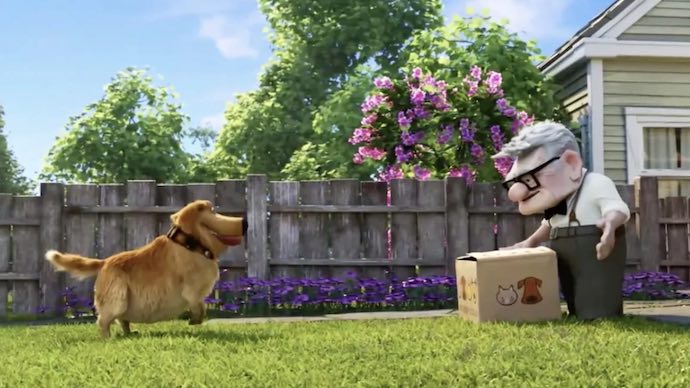
Yes, Dug Days—the tiny sequel series to Up that gave us a peek at Carl and Dug following the film—should have been a feature-length movie.
Some might rag on Pixar for leaning too heavily into sequels these days, but this one feels like an exception. Considering how beloved Up remains to this day, Dug Days could've been fantastic as a full-blown movie.
Of course, a proper sequel is now impossible since Ed Asner—who lent his voice to Carl Fredricksen—passed away shortly after Dug Days.
So, on one hand, it was fortunate and joyful that we got to see the pair in action again, but on the other hand, it could have been a feature-length sequel to one of Pixar's most treasured movies.
4. The Rings of Power (2022)
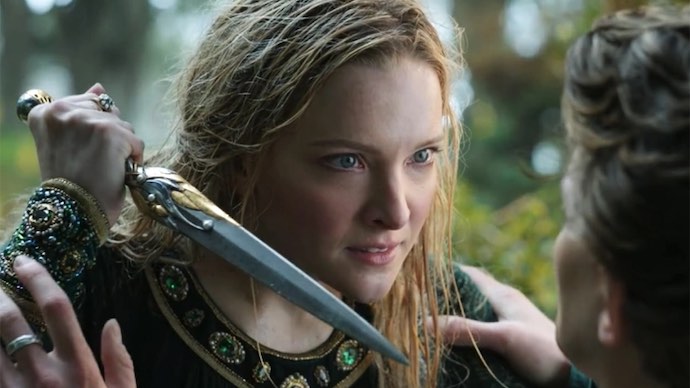
Amazon's deal to bring The Rings of Power into existence is the most expensive endeavor in television history, with a rumored final cost of over one billion dollars.
Put all of that aside, though, and what have you got?
Well, the show is a technical marvel, with visual effects that belong more on the big screen than it does on a laptop. It also gave us dedicated and gripping performances from a solid cast.
Even so, The Rings of Power can't escape the notion that this story—despite being made for TV—feels as though it belongs in cinemas.
That's largely influenced by the success of Peter Jackson's trilogy, which remain among the most beautiful and awe-inspiring films ever made. Seeing Orcs and Elves on the small screen just feels... wrong.
3. The Witcher (2019)
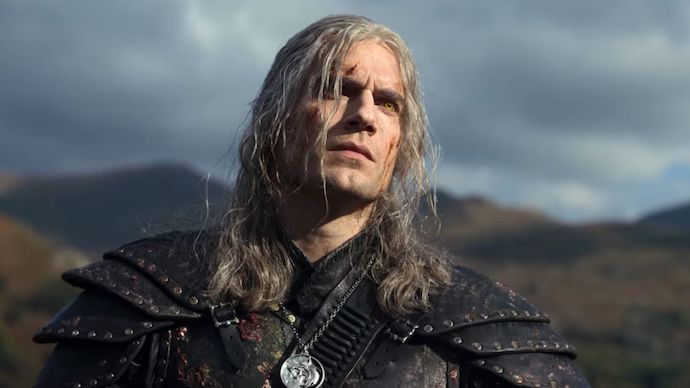
The Witcher turned heads with Henry Cavill's Geralt, who swaggered around and reluctantly saved people from harrowing fates at the claws of monsters. It isn't a top-tier show, but it's far from terrible.
But isn't this the kind of fantasy story that would draw larger audiences at the box office? Rather than demanding lots of time investment into a series, The Witcher could've blown us away as a tight film.
Not only would it entice fans of the novels and fans of Henry Cavill, but it could've caught a much wider audience. It's a shame Netflix used the show as a pawn to (unsuccessfully) bring in subscribers.
Sure, adapting novels for the big screen is a heavy effort. But plenty have succeeded at it—most notably Peter Jackson with The Lord of the Rings—so why not the same for this one?
2. Monsters at Work (2021)
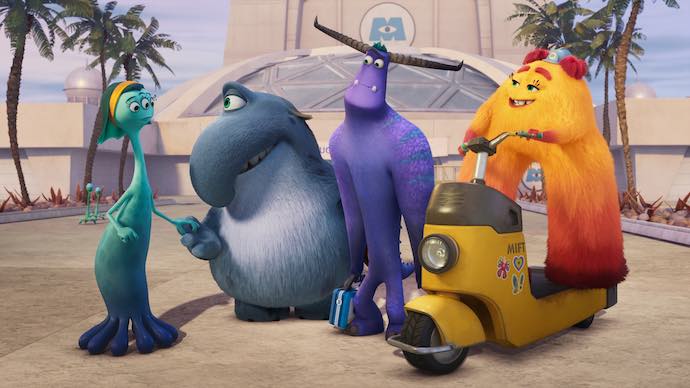
Monsters at Work ended up being a major letdown in so many ways. It was billed as a serial sequel to Monsters, Inc., but ended up telling a story that fans of the original just couldn't care about.
Sure, the new characters were funny. Yes, the show had its moments. But did anyone feel the same magic felt the first time around? And with Mike and Sully cast aside, many viewers felt cheated by Pixar.
We all know it should've been a true sequel in movie form, a cinematic return to the realm of the monsters, with an adult Boo now hunting down the monster she loved as a child!
1. What If...? (2021)
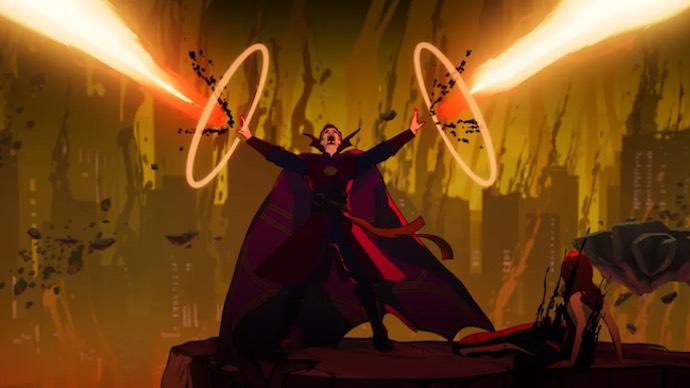
So, this one's a little more complicated. Marvel's What If...? is a conceptually great show with equally great execution. The problem is, parts of it deserved to be fleshed out as full-blown movies.
For starters, many fans look back at Doctor Strange in the Multiverse of Madness and lament that his storyline from What If...? wasn't the plot we ended up getting—because it was so much better.
Then we have the overall narrative of the series, which could have covered an entire phase of the MCU to critical adulation.
Splitting up the ideas of What If...? into many movies with a shared narrative would have made Marvel's next phase more interesting than it has been so far, all while remaining beautifully cinematic.
